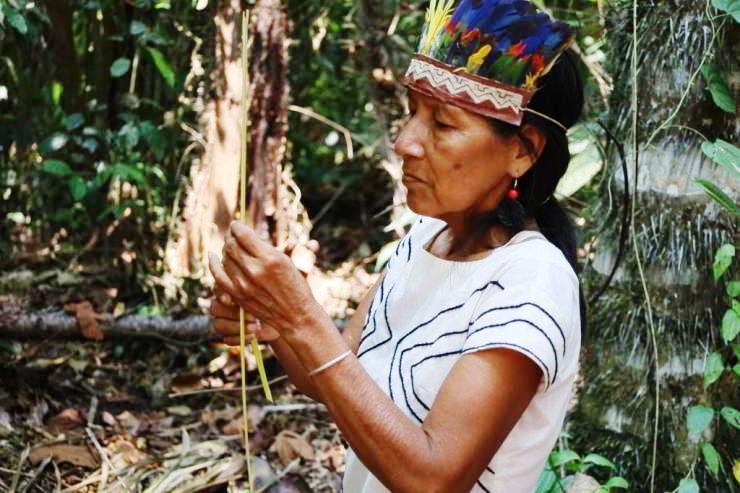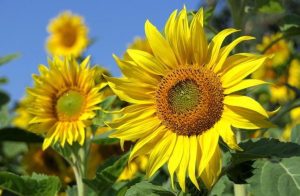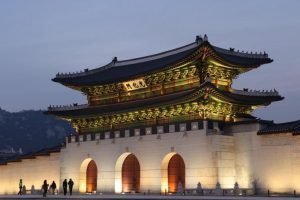New initiatives can preserve and enhance indigenous traditions. The importance of education among indigenous peoples. Pope Francis said, “Let us listen to the cry of the earth and the cry of the poor. The indigenous people of the Amazon remind us that we are not masters of nature, but part of it.”
In the beating heart of the Brazilian Amazon, 305 recognised indigenous peoples live, custodians of a millennia-old knowledge of the world’s green lung and its balance. They speak 274 languages, and according to official Brazilian data, 13.8% of the South American giant’s territory is now declared “indigenous land.” Unfortunately, the challenges of defending these lands and their inhabitants from landowners, multinational interests, and fires (95% of which are intentional) are numerous and commonplace, as evidenced by the more than 500 Catholic missionaries active in this territory.
Sister Sharena Ferrão, a Missionary of the Immaculate Conception in the community of Santa Rita do Weill, in the diocese of Alto Solimões on the border between Brazil, Colombia, and Peru, serves the Tikuna people, addressing the many challenges associated with drug trafficking and human trafficking, especially of women and children.
The present time of the indigenous people living in the Brazilian Amazon is a complex interweaving of hopes and wounds, of redemption and resistance, as evidenced by the village of Três Unidos, the beating heart of the Kambeba people, an ethnic group originally from the border regions between Brazil and the Andean countries who settled here, about an hour and a half boat ride up the Rio Negro from Manaus, the capital of the Amazon.
The community of Três Unidos is a positive example of how indigenous traditions can be preserved and enhanced. Here, the village women run a community restaurant, Sumimi, which serves dishes prepared with local ingredients. The idea for its creation came from the Tuxaua, the indigenous leader, Waldemir Silva, or Triukuxuri, as he is called in the Kambemba language.
An initiative supported by the Sustainable Amazonas Foundation-Fasche promotes community tourism in this part of Brazil. “The time of cutting down trees to make way for camps is over. Today, what we want is to prepare our children for education and to help protect nature,” explains Waldemir, whose daughter, Neurilene Cruz, Miskui in the indigenous language, is a nurse who works in the local clinic, but also cooks at Sumimi and represents her people at the largest international food fair in the Amazon.
Education, however, is the priority of the Três Unidos community, where the local school offers an education that integrates the official curriculum with teaching the Kambeba language and traditions, with an approach that strengthens the cultural identity of indigenous youth while preparing them to face the challenges of the modern world. While the Kambemba of Três Unidos number just a few hundred, the Tikuna, with over 50,000 members, are one of Brazil’s largest indigenous groups. They live in the Alto Solimões region, the river that joins the Rio Negro to form the Amazon.
They are located between the cities of Tabatinga and São Paulo de Olivença, in one of the most isolated and biodiverse areas of the South American giant, but also most threatened by the expansion of criminal gangs trafficking cocaine, as well as illegally mined gold and timber.
Traditionally fishermen, farmers, and artisans, the Tikuna maintain a social structure based on the extended family but have long faced violence from settlers and economic and environmental threats to their communities.
Consider the infamous “Capacete Massacre,” when 14 indigenous people were killed by ranchers 37 years ago. This massacre shocked public opinion and led to the inclusion of laws protecting indigenous peoples in the 1988 Constitution.
Today, the Tikuna are experiencing a significant cultural revival, with bilingual schools, the production of translated books, and young graduates returning from Manaus to their communities to work in the health and justice sectors. But their cry of alarm remains strong, as indigenous leader and teacher, Luísa Tikuna emphasises: “We don’t want to survive, we want to live with dignity, with our voice, our language, and our land.”
“Born again in School”, in the language of the forest, could be the slogan of Maria Utxi, teacher and spiritual leader of her community, located near Jordão, in the state of Acre, bordering Bolivia. “The forest speaks our language. Our culture is passed down in songs, stories, and the names of plants. If we lose this, we lose ourselves,” she explains, alongside João Kaxinawá, a 16-year-old student who, thanks to a bilingual education project introduced by the Comboni missionaries, reveals: “I spoke almost no Portuguese when I arrived at the village school. But there I learned to write in my own language and also in the language of the ‘whites.'”
Today, there are 3,400 schools in indigenous territories in Brazil, but for every story of rebirth, there are many of pain. The Yanomami people, located on the border with Venezuela, have faced a significant tragedy in recent years. In 2022, the denunciation of a lay missionary, Giovana M., brought to public attention the devastation caused by the invasion of illegal gold miners, the infamous garimpeiros. “I saw children with ulcerated skin, malnourished, women who had been raped, entire villages contaminated by mercury,” Giovana recounted in a testimony sent to the Brazilian Episcopal Conference.
Thanks to her denunciation, the images of the skeletal bodies of Yanomami children shocked the world. Since 2023, President Lula’s new government has initiated health interventions and evictions, but the wounds remain deep. “It amounts to low-intensity ethnic cleansing,” denounces Yanomami leader Davi Kopenawa, one of the most authoritative voices of the indigenous movement. “They treat us as obstacles to development, but we are the forest. Without us, it too will die,” he adds.
A clear concept that Pope Francis emphasised in 2019 at the Amazon Synod: “Let us listen to the cry of the earth and the cry of the poor. The indigenous people of the Amazon remind us that we are not masters of nature, but part of it.” A phrase that aptly sums up the late Pope’s vision, which unites ecology, social justice, and spirituality, but is also a warning for the future of humanity as a whole, not just the world’s green lung and its original inhabitants. (Photo: John Cardozo) – (Paolo Manza/PM)









